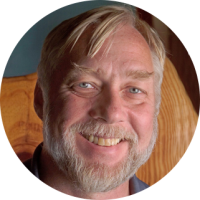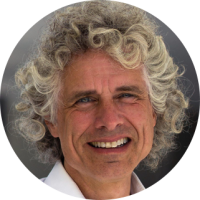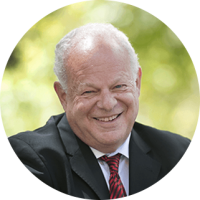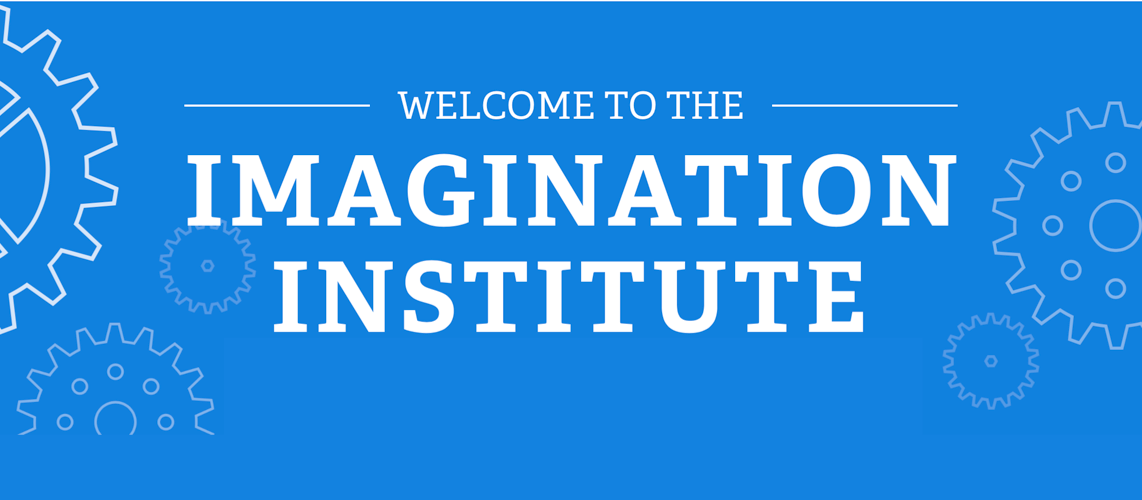Union League, Philadelphia
November 20-22, 2015
Media Reports
Participants

Roy Baumeister
Roy F. Baumeister is one of the world’s most prolific and influential psychologists. He has published well over 500 scientific articles and more than 30 books. In 2013, he received the highest award given by the Association for Psychological Science, the William James Fellow award, in recognition of his lifetime achievements. He is currently the Eppes Eminent Scholar and a professor of psychology at Florida State University, and he holds distinguished visiting professorships at King Abdulaziz University in Saudi Arabia and VU University of Amsterdam in the Netherlands.
Although Roy made his name with laboratory research, his recognition extends beyond the narrow confines of academia. His 2011 book Willpower: Rediscovering the Greatest Human Strength (with John Tierney) was a New York Times bestseller. He has appeared on television shows such as Dateline NBC and ABC’s 20/20, as well as on PBS, National Public Radio, and countless local news shows. His work has been covered or quoted in the The New York Times, The Washington Post, The Wall Street Journal, Los Angeles Times, The Economist, Newsweek, TIME, Psychology Today, Self, Men’s Health, Businessweek, and many other outlets.

Leda Cosmides
Leda Cosmides is best known for her work in pioneering the new field of evolutionary psychology. She developed her interest in rebuilding psychology along evolutionary lines while an undergraduate at Harvard, where she got her A.B. in biology (1979) and her Ph.D. in cognitive psychology (1985). Cosmides did postdoctoral work with Roger Shepard at Stanford and was a Fellow at the Center for Advanced Study in the Behavioral Sciences, before moving to the University of California, Santa Barbara, where she has been on the faculty since 1991. Cosmides won the 1988 American Association for the Advancement of Science Prize for Behavioral Science Research, the 1993 American Psychological Association Distinguished Scientific Award for an Early Career Contribution to Psychology, and a J. S. Guggenheim Memorial Fellowship. In 1992, with John Tooby, she published The Adapted Mind: Evolutionary psychology and the generation of culture, an edited volume designed to be a state of the art survey of the new field. Leda Cosmides is currently Professor of Psychology at UCSB. She and John Tooby founded and co-direct the UCSB Center for Evolutionary Psychology.

Jonathan Haidt
Jonathan Haidt studies morality and emotion, and how they vary across cultures. He is also active in positive psychology (the scientific study of human flourishing) and studies positive emotions such as moral elevation, admiration, and awe.
In 2011 he moved to the NYU-Stern School of Business, where he is a professor in the Business and Society Program. Stern offered him the opportunity to test and apply his research on moral psychology. He is working with economists and other social scientists to figure out how to make businesses, non-profits, cities, and other systems work more efficiently and ethically by doing ethical systems design
His research in recent years focused on the moral foundations of politics, and on ways to transcend the “culture wars” by using recent discoveries in moral psychology to foster more civil forms of politics. Morality, by its very nature, makes it hard to study morality. It binds people together into teams that seek victory, not truth. It closes hearts and minds to opponents even as it makes cooperation and decency possible within groups.
To live virtuously as individuals and as societies, we must understand how our minds are built (see ch. 1of The Happiness Hypothesis, and Part I of The Righteous Mind). We must find ways to overcome our natural self-righteousness (see ch. 4 of HH, or part II of RM). We must respect and even learn from those whose morality differs from our own (see this talk on politics, or this essay on religion).

Steven Pinker
Steven Pinker is an experimental psychologist and one of the world’s foremost writers on language, mind, and human nature. Currently Johnstone Family Professor of Psychology at Harvard University, Pinker has also taught at Stanford and MIT. His research on vision, language, and social relations has won prizes from the National Academy of Sciences, the Royal Institution of Great Britain, the Cognitive Neuroscience Society, and the American Psychological Association. He has also received eight honorary doctorates, several teaching awards at MIT and Harvard, and numerous prizes for his books The Language Instinct, How the Mind Works, The Blank Slate, and The Better Angels of Our Nature. He is Chair of the Usage Panel of the American Heritage Dictionary, and often writes for The New York Times, Time, and other publications. He has been named Humanist of the Year, Prospect magazine’s “The World’s Top 100 Public Intellectuals,” Foreign Policy’s “100 Global Thinkers,” and Time magazine’s “The 100 Most Influential People in the World Today.”

Thérèse Rein
Thérèse Rein is an Australian entrepreneur and founder of Ingeus, an international employment and business psychology services company.
Rein is the wife of Kevin Rudd, who was the Prime Minister of Australia, holding the office from 2007 to 2010 and then again in 2013. She was the first Australian Prime Minister’s wife to remain in the paid workforce while her husband was in office. She was awarded the Human Rights Medalby the Australian Human Rights Commission in December 2010 for her long-term dedication to human rights, especially the rights of people with disability. In December 2012 she was awarded an Honorary Doctor of the University degree by Griffith University for her services to business, and the award of Doctor of Letters (honoris causa) by the University of Western Sydney in April 2014, in recognition of her service to the Australian community, commitment to human rights, engaging constructively with human rights mechanisms, eliminating poverty and injustice, and the illumination of disadvantage.

Martin Seligman
Martin Seligman is the Director of the Positive Psychology Center at the University of Pennsylvania and Executive Director of the Imagination Institute. Commonly known as the founder of Positive Psychology, he is a leading authority in the fields of Positive Psychology, resilience, learned helplessness, depression, optimism, and pessimism. He is also a recognized authority on interventions that prevent depression, and build strengths and well-being. He has written more than 250 scholarly publications and 20 books. Dr. Seligman’s books have been translated into more than twenty languages and have been best sellers both in America and abroad. Among his better-known works are Flourish, Authentic Happiness, Learned Optimism, The Optimistic Child, Helplessness, and Abnormal Psychology. His book Character Strengths and Virtues: A Handbook and Classification, was co-authored with Christopher Peterson.
In 1998, Dr. Seligman was elected President of the American Psychological Association. His primary aim as APA President was to join practice and science together so both might flourish – a goal that has dominated his own life as a psychologist. Since 2000, his main mission has been the promotion of the field of Positive Psychology. Dr. Seligman is expanding Positive Psychology to education, health, and neuroscience, and has applied his research to groups like teachers and students, the U.S. Army, athletes, and every-day people. His goal is to make the world happier.
Dr. Seligman was born in Albany, NY and received his B.A. from Princeton University, Summa Cum Laude (Philosophy), 1964; Ph.D. from the University of Pennsylvania (Psychology), 1967; Ph.D., Honoris causa, Uppsala University, Sweden, 1989; Doctor of Humane Letters, Honoris Causa, Massachusetts College of Professional Psychology, 1997; Ph.D., Honoris Causa, Complutense University, Spain, 2003; and Ph.D., Honoris Causa, University of East London, 2006.

